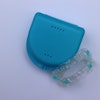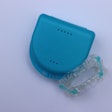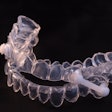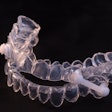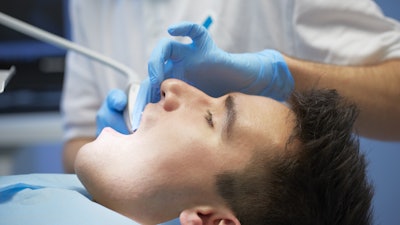
Dentists may broaden their roles in patient care by helping to identify sleep disorders, according to a press release dated September 3 from the Rutgers School of Dental Medicine in New Jersey.
The research team suggests that dental practices add sleep-related questions to patient history forms, enabling dentists to identify at-risk patients and help prevent further complications, according to the release.
"By understanding the neuroscience behind sleep disorders, we can provide more comprehensive care and potentially prevent serious health complications,” Davis Thomas, a clinical associate professor at the university, said in the release.
Dental professionals have a unique opportunity to screen for conditions like obstructive sleep apnea (OSA), a disorder affecting millions of Americans that is linked to serious health risks such as cardiovascular disease and neurodegeneration. Sleep disorders, including OSA, affect more than half of Americans, often going undiagnosed, but dentists can help reduce these numbers, according to the release.
The research team emphasized key indicators for dental clinicians to watch for during exams like enlarged jaw muscles, scalloped tongue edges, white cheek lines, restricted throat visibility, dental wear patterns, and tiny cracks in teeth.
To implement these findings, they proposed integrating sleep-related questions into patient history forms, training dental staff to recognize physical signs of sleep disorders, and using validated screening tools like the snoring, tiredness, observed apnea, blood pressure, body mass index, age, neck size, gender (STOP-BANG) questionnaire. Additionally, they recommended establishing referral networks with sleep medicine specialists to ensure comprehensive care for patients at risk, according to the release.
"The more we learn, the more we realize how much we don't know -- and how much we can do to help our patients," Thomas added.


